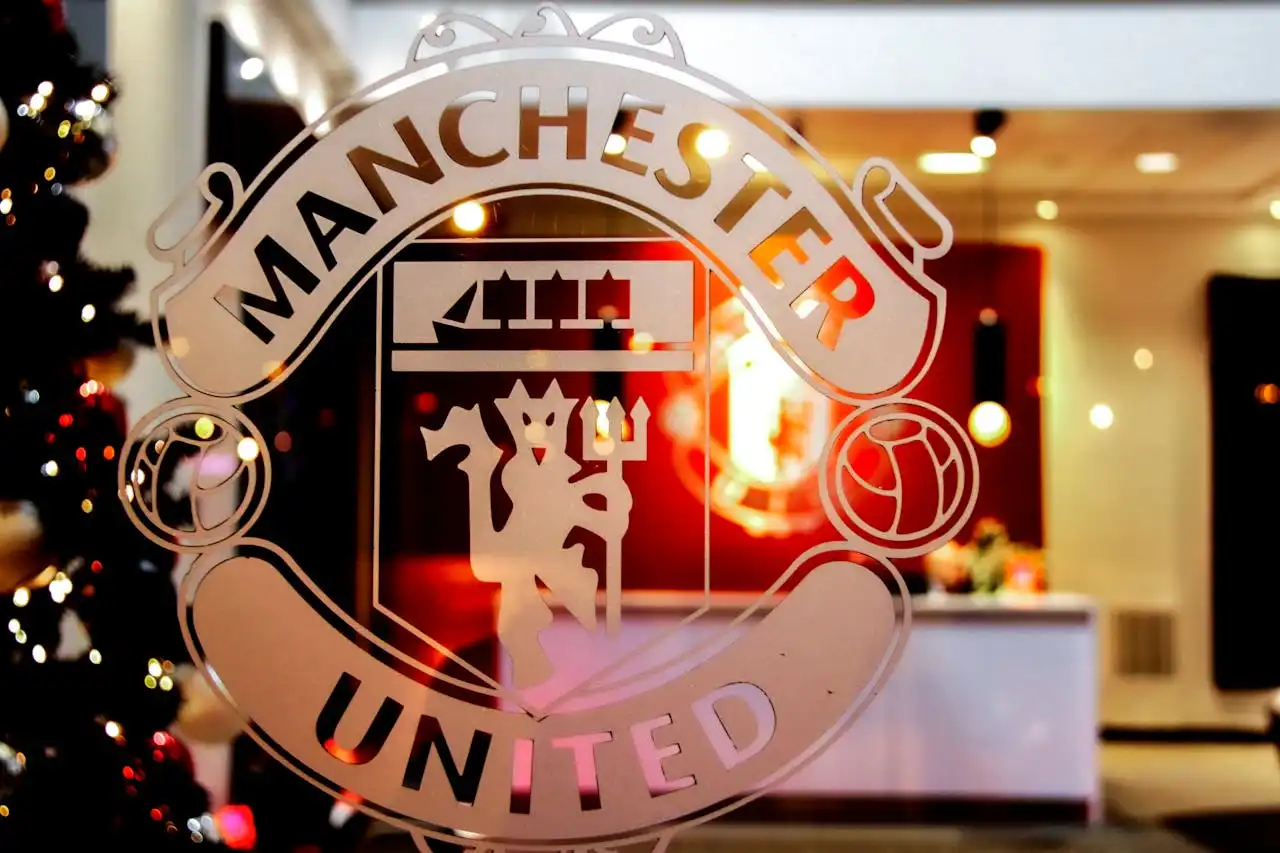There's something about Manchester United, isn't there? For decades, long before the glitz and glamour of the modern Premier League, Old Trafford has been synonymous with a certain swagger, a belief that football isn't just about winning, but about winning with style. It's a club etched into the very fabric of global football, and at its heart lies an attacking philosophy, a relentless drive forward that has captivated millions and often left opponents breathless. It's not just a tactic; it's a deep-seated identity, a vibe, if you will, that pulses through the club's veins. You see, while every top team obviously aims for the net, United’s approach has always felt different, almost unyielding. It’s never been about cautiously defending a lead or grinding out a result with minimal fuss. No, the expectation, the very DNA of the club, demands flair, excitement, and a gung-ho attitude. From the moment Sir Matt Busby rebuilt the club from the ashes of the Munich air disaster, instilling a trust in youth and a mandate for expressive football, the die was cast. The Busby Babes, as they were affectionately known, played with an innocence and an audacity that belied their years. They attacked, they entertained, and they wrote the first glorious chapters of United's thrilling narrative. Fast forward a few decades, and this attacking ethos wasn't just preserved; it was amplified, ingrained, and perfected under the legendary Sir Alex Ferguson. His reign, spanning an incredible 27 years, wasn't just about trophies – though there were plenty, let’s be real. It was about an unwavering commitment to attacking football, come hell or high water. How many times did we see United trailing with minutes to go, only for the red shirts to pour forward, throwing caution to the wind, eventually snatching victory from the jaws of defeat? It became almost cliché, yet it happened so often that it felt like an act of divine intervention, or perhaps, just brilliant, relentless attacking football. Ferguson famously said, "My greatest challenge is not what's happening at the moment, my greatest challenge was knocking Liverpool right off their perch." But he also epitomized the 'attack, attack, attack' mantra. Think about the players who became icons under Ferguson: wingers like Ryan Giggs and David Beckham, who weren't just about delivery but about electrifying pace and directness. Strikers like Eric Cantona, Dwight Yorke, Andy Cole, Ruud van Nistelrooy, and Wayne Rooney – all different, but all possessing that predatory instinct and the ability to turn a game on its head. There was a constant emphasis on getting the ball wide, crossing, and creating chances. The full-backs often doubled as auxiliary wingers, overlapping with abandon. Old Trafford, especially on a Champions League night, would literally hum with anticipation, knowing that United would try to overwhelm their opponents, often outscoring them even if it meant being a bit leaky at the back. It was never dull, that’s for sure. You were always on the edge of your seat, waiting for the explosion of skill or the late, dramatic winner. This isn't to say that United never played pragmatic football or defended well. Far from it. But even in their defensive solidity, there was an underlying intent to transition quickly and punish. The counter-attack was often as devastating as a sustained period of possession. It’s that blend of steel and silk that made them so formidable and, crucially, so entertaining. It set a standard, a benchmark, for what Manchester United football truly means. Of course, in the years since Ferguson’s departure, maintaining this sacred attacking philosophy has proven to be a tall order. Managers have come and gone, each with their own tactical blueprint. Some have attempted to reignite that Busby-Ferguson flame, while others have leaned towards more cautious, possession-based, or defensive styles. And while success has been fleeting at times, one thing remains constant: the fans, the very soul of the club, yearn for that attacking verve. They crave the thrill, the audacity, the feeling that their team is going for the jugular, not merely playing it safe. When United deviate too far from this path, the disconnect is palpable, the atmosphere at Old Trafford often reflecting the frustration. The expectation isn't just about winning; it's about the manner of victory. It's about seeing young players given a chance, about quick, incisive passing, about wingers taking on defenders, about strikers fearlessly driving towards goal. It’s a legacy that runs deep, a cultural touchstone that defines the club more than any single trophy. Manchester United's attacking philosophy isn't just a nostalgic ideal; it’s a living, breathing expectation, a promise of entertainment woven into every thread of their iconic red shirt. And that, more than anything, is why they will always be known for attractive football, even when the journey hits a few bumps in the road.












